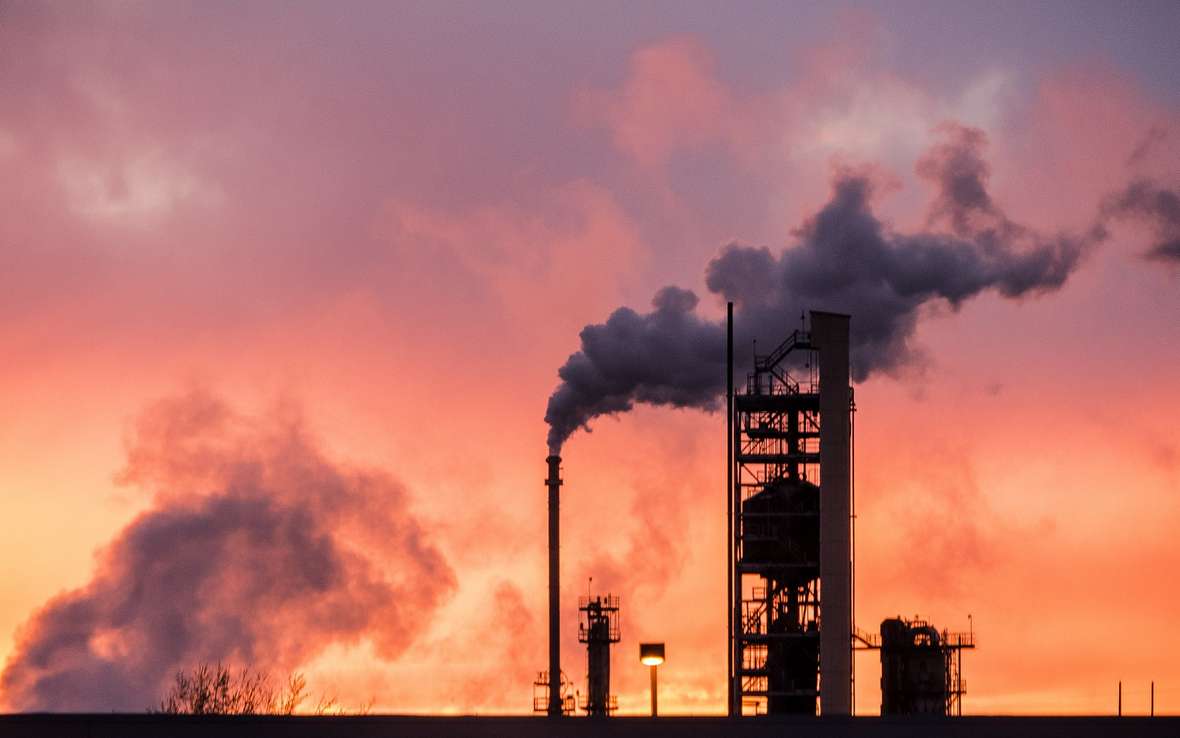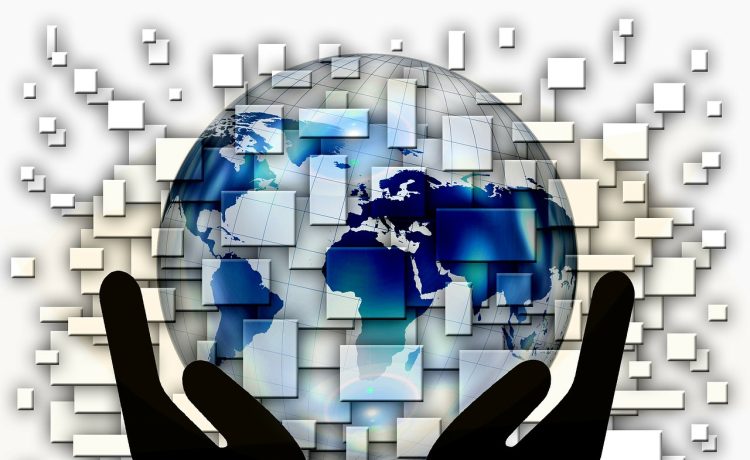Over the past few decades, the relationship between society and industry has evolved dramatically. From the rise of globalization and digitalization to the increasing demand for ethical practices and sustainability, industries no longer operate in isolation. They are now deeply intertwined with societal needs, values, and challenges.
As citizens become more informed and socially conscious, they expect businesses to go beyond profit-making. Industries are now expected to create jobs, protect the environment, drive innovation, and contribute positively to the communities they serve. This changing dynamic is reshaping how industries are structured, how they function, and how they are perceived by the public.
This article explores how this relationship is changing, what it means for the future of work, and how industries can better align with societal progress.
1. The Evolution of Industry and Society
Historically, industry development followed economic goals: production, efficiency, and profit. The Industrial Revolution in the 18th and 19th centuries brought dramatic changes to society — urbanization, the rise of the factory system, and mass production. These advances, while increasing wealth and technological progress, also introduced social challenges such as poor labor conditions, inequality, and environmental degradation.
In the 20th century, industries grew more complex, and with that growth came new responsibilities. Labor laws, environmental regulations, and corporate social responsibility (CSR) initiatives began to emerge in response to public pressure.

In the 21st century, the rise of the internet, automation, artificial intelligence, and climate change have fundamentally altered the expectations placed on industry. Today, the public expects industries to take active roles in solving social problems — from income inequality to climate action and beyond.
2. The Rise of Ethical Industry Practices
Modern consumers are more socially and environmentally aware than ever before. In response, industries are shifting toward ethical production, fair labor practices, and sustainable sourcing.
Examples include:
-
Fashion industry: Brands are adopting “slow fashion” practices by reducing waste, using ethical labor, and promoting recycled materials.
-
Food industry: There is a growing demand for organic, local, and cruelty-free products, with businesses responding by becoming more transparent about sourcing and production.
-
Technology companies: Many are focusing on data privacy, ethical AI development, and inclusive product design.
Being socially responsible is no longer just a public relations strategy — it’s becoming a core part of doing business.
3. Sustainability as a Driving Force
Perhaps the most urgent expectation society has placed on industry is environmental sustainability. Industries are now being judged not only by the products they make, but also by how they impact the planet.
Key industry changes include:
-
Energy: The fossil fuel industry faces growing scrutiny and is slowly transitioning toward renewable energy sources like solar, wind, and hydrogen.
-
Automotive: Electric vehicles (EVs) are being rapidly developed to replace internal combustion engines.
-
Construction: Green building standards and eco-friendly materials are now being prioritized.
Regulations, international agreements (like the Paris Agreement), and grassroots activism have all put pressure on industries to reduce emissions, cut waste, and conserve natural resources. In doing so, companies are recognizing that sustainable practices can also improve efficiency, reduce costs, and enhance brand reputation.
4. The Future of Work: Automation and the Human Factor
Automation and artificial intelligence are changing the nature of work across industries. While these technologies can increase productivity and reduce operational costs, they also raise important questions about employment and societal stability.
Key issues include:
-
Job displacement: Manufacturing, retail, transportation, and even some white-collar sectors are seeing job reductions due to automation.
-
Reskilling: As jobs disappear, new roles emerge — often requiring new skills. There is a growing need for public-private partnerships to invest in education and workforce retraining.
-
Workplace well-being: Beyond wages, workers now value flexible hours, mental health support, and inclusive company cultures.
The future of work requires industries to prioritize human-centered design, equitable labor practices, and lifelong learning. Society expects companies to not only create jobs but also help workers transition into the future economy.
5. Industry’s Role in Social Equity and Inclusion
Society is becoming more diverse — in race, gender, culture, and background. Industries are being called upon to reflect that diversity in their leadership, workforce, and decision-making processes.
Areas of focus:
-
Diversity, Equity, and Inclusion (DEI): Many companies are adopting DEI programs to ensure fair hiring, promotion, and workplace practices.
-
Equal Pay: The demand for pay transparency and equal compensation for equal work continues to grow.
-
Representation in media and marketing: Industries are expected to reflect societal diversity in how they present products and stories.
Companies that fail to meet these societal expectations risk backlash, boycotts, and reputational damage, while those that lead in inclusion often experience greater innovation, employee satisfaction, and customer loyalty.
6. Public Trust and Corporate Accountability
The relationship between society and industry depends heavily on trust. Scandals, environmental disasters, and financial corruption have damaged public faith in some industries. As a result, transparency and accountability are now key to business success.
How industries are rebuilding trust:
-
Reporting and transparency: Many companies now publish sustainability and impact reports to show how they are meeting ESG goals (Environmental, Social, and Governance).
-
Third-party audits: Independent certifications like B Corp or Fair Trade help assure the public of ethical business practices.
-
Stakeholder engagement: Companies are involving communities, consumers, and workers in their decision-making processes.
Trust is no longer built through advertising — it’s earned through consistent ethical behavior, openness, and community engagement.
7. Government, Regulation, and Collaboration
Governments still play a crucial role in balancing industrial growth with societal protection. Regulations ensure that industries meet safety, environmental, and labor standards. But beyond policing, governments can also partner with industries to foster innovation and address shared challenges.
Examples of public-private collaboration:
-
Clean energy projects
-
Affordable housing initiatives
-
Smart city development
-
Job training and educational reform
When industries and society work together through policy and innovation, both economic growth and social progress can be achieved.

Conclusion: A Shared Future
The relationship between society and industry is no longer adversarial — it is interdependent. Industries need social approval to survive and grow, while society relies on industry for jobs, innovation, and solutions to global problems.
The 21st century calls for a new industrial mindset — one that balances profitability with purpose, efficiency with ethics, and innovation with inclusion. The most successful industries of the future will be those that listen to the needs of society, act with integrity, and lead with vision.
In this new era, industry is not just a sector of the economy — it’s a partner in building a better world.















